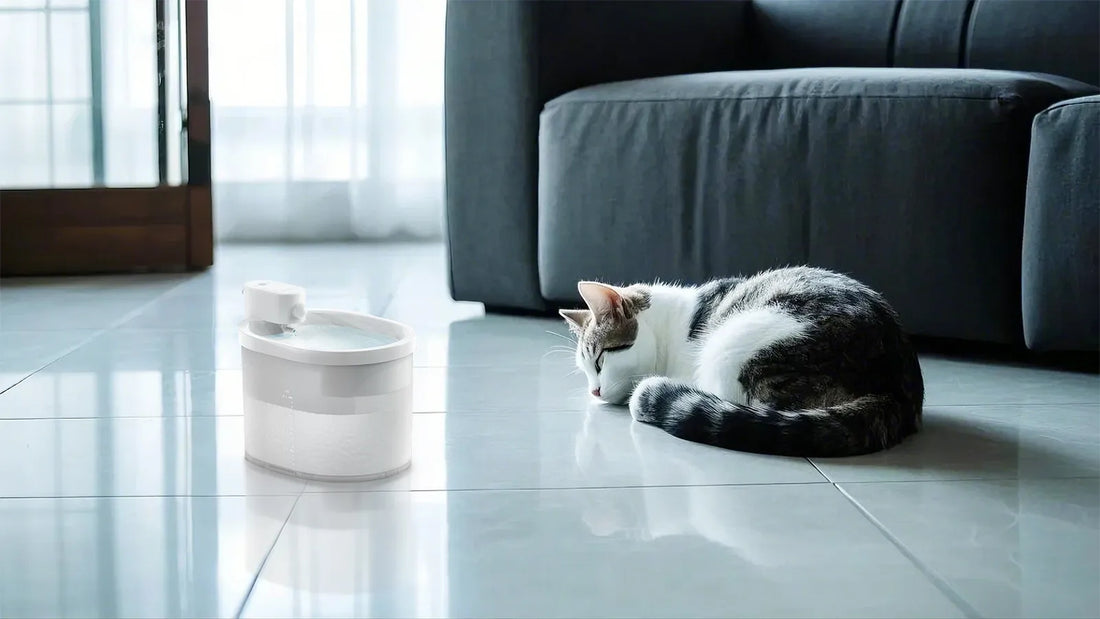When your dog has diarrhea and is drinking lots of water, it can be a cause for concern. Diarrhea in dogs is a common issue, but when paired with excessive water consumption, it may indicate an underlying health problem. Understanding the potential causes and knowing how to respond can help you ensure your furry friend stays healthy and happy.
Common Causes of Diarrhea in Dogs
Diarrhea in dogs can be caused by a variety of factors, ranging from dietary indiscretions to more serious health conditions. Some of the most common causes include:
- Dietary Changes: Sudden changes in your dog's diet can upset their stomach and lead to diarrhea.
- Food Intolerances: Some dogs may have sensitivities to certain ingredients, which can cause digestive issues.
- Infections: Bacterial, viral, or parasitic infections can lead to diarrhea and other symptoms.
- Stress: Anxiety or stress can also affect your dog's digestive system, resulting in diarrhea.
Why Is My Dog Drinking Lots of Water?
Excessive water consumption, or polydipsia, in dogs can be a sign of various health issues. When combined with diarrhea, it may indicate dehydration or an underlying condition such as:
- Dehydration: Diarrhea can lead to fluid loss, causing your dog to drink more water to compensate.
- Kidney Disease: Kidney issues can lead to increased thirst and urination.
- Diabetes: Dogs with diabetes may drink more water due to high blood sugar levels.
- Liver Disease: Liver problems can also cause increased thirst and other symptoms.
When to Seek Veterinary Care
While mild diarrhea and increased water consumption may not always be a cause for alarm, there are certain situations where you should seek veterinary care:
- Persistent Diarrhea: If your dog's diarrhea lasts more than 24-48 hours, it's time to consult a vet.
- Severe Dehydration: Signs of dehydration include lethargy, dry gums, and sunken eyes.
- Other Symptoms: If your dog exhibits other symptoms such as vomiting, loss of appetite, or abdominal pain, seek immediate veterinary attention.
Home Remedies and Prevention
In some cases, you can manage mild diarrhea and increased water consumption at home. Here are some tips:
- Hydration: Ensure your dog has access to clean, fresh water at all times.
- Bland Diet: Offer a bland diet of boiled chicken and rice to help settle your dog's stomach.
- Probiotics: Probiotics can help restore the balance of good bacteria in your dog's gut.
- Monitor: Keep an eye on your dog's symptoms and behavior, and consult your vet if they worsen.
Preventing Future Episodes
Preventing diarrhea and excessive water consumption in dogs involves maintaining a healthy lifestyle and being mindful of their diet and environment:
- Consistent Diet: Avoid sudden changes in your dog's diet and stick to high-quality food.
- Regular Check-ups: Schedule regular veterinary check-ups to catch any potential health issues early.
- Stress Management: Provide a calm and stable environment to reduce stress and anxiety.
- Parasite Control: Keep up with regular parasite prevention to avoid infections.
If your dog has diarrhea and is drinking lots of water, it's essential to take action promptly. By understanding the potential causes and knowing when to seek veterinary care, you can help your dog recover and prevent future episodes. Always monitor your dog's health closely and consult your vet if you have any concerns.














